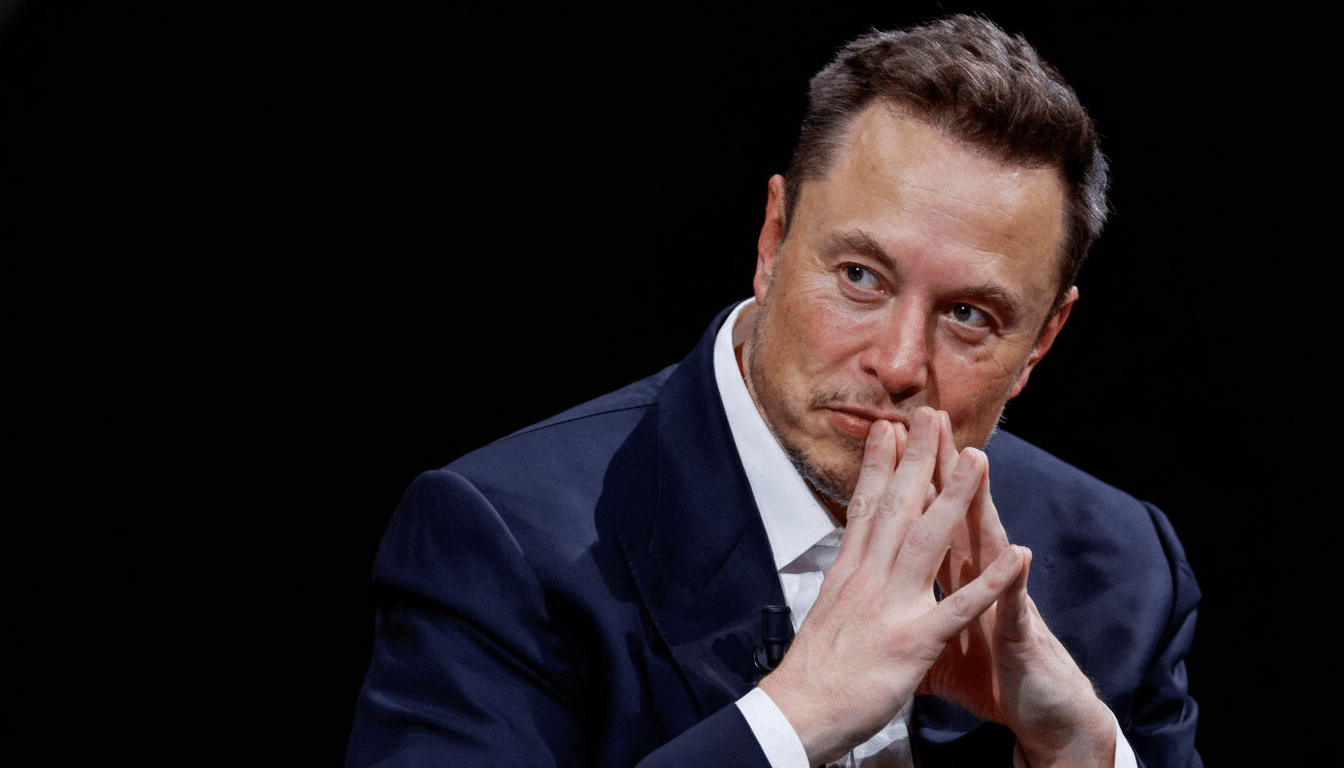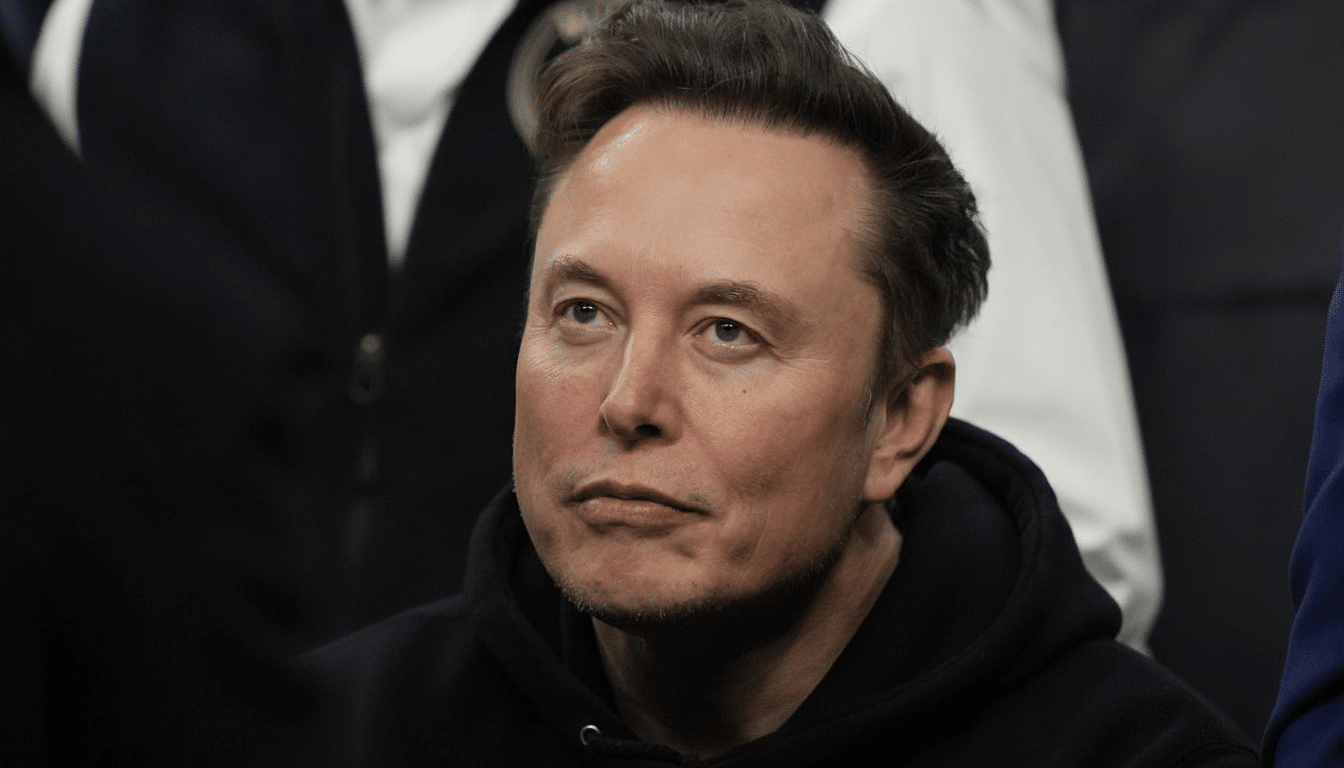The chair of Tesla’s board is rejecting the gloom and doom surrounding a proposed 10-year, trillion-dollar compensation plan for CEO Elon Musk that stockholders are set to vote on through March 21, telling it like this: “It’s a little bit weird” because, in her view, what investors should be worried about isn’t money but power.
In an interview with The New York Times, Denholm said the package is structured to match extraordinary targets with extraordinary incentives and to ensure that Musk remains committed for the long term to Tesla’s most audacious wagers.

Why the board says the package aligns with the mission
Denholm, a member of the special committee that developed the proposal, casts it as a performance-only plan that is paid out only in Tesla stock if — and only if — difficult milestones are achieved. That logic sounds like the one that underpinned previous mega-grants based on market cap or operational aims. The board’s message: Tesla’s ambitions around autonomy, robotics and energy are so vast that standard executive pay will not focus the mind of a founder-CEO who is already among the world’s richest.
If accepted, it would make for the biggest pay deal in corporate history, overshadowing headline-grabbing awards at companies like Apple, Alphabet and Broadcom. The scale alone has come under criticism from governance analysts, but Tesla’s directors say the plan is simply aligned with what they anticipate Musk building.
At stake: voting power, more than just pay
Denholm added that Musk cares most about the voting influence he has at Tesla, and not so much about incremental wealth. Tesla uses a single-class share structure, which means that voting power increases only with ownership of shares. Musk has said that he will need about a quarter of the company’s voting power to proceed comfortably with AI and robotics programs within Tesla. A performance-based equity grant is one way to achieve this without resorting to dual-class shares or a break-up.
That framing goes some way toward explaining why the board is willing to propose an outsized plan at a time of continued heightened disputes over dilution in shareholder-friendly Silicon Valley. More shares given to Musk for hitting long-term milestones will expand his stake and strengthen his hold over strategy, a top priority of the chair he and the board say is as much about the future trajectory of Tesla than it is about any one man.
Performance gates, dilution and governance risk
Supporters point out that the award vests only if high hurdles are crossed, presumably a combination of market cap milestones and financial or product metrics like those in previous plans. In reality, shareholders would pay with equity only after value is added. “He gets absolutely nothing if he doesn’t deliver against the goals,” Denholm said, emphasizing the all-or-nothing nature of the proposal.

Critics argue that even performance-based mega-grants can be crude instruments. Proxy advisers like Institutional Shareholder Services and Glass Lewis often raise questions about the risk of too much dilution, concerns over goal calibration and whether the terms were struck by truly independent directors. Governance experts also argue that linking outsized awards to market cap alone can be an overcompensation for a rising tide and undervalue execution quality, capital allocation and risk management.
The backdrop of volatility and mixed signals
The proposal comes as Tesla grapples with a bumpier period. Deliveries have sputtered in recent quarters, pressured by fierce competition and price cuts. Automotive gross margins, which hit nearly 30% at their peak, have fallen into the high teens, according to company filings. Meanwhile, Tesla’s energy storage segment has been growing quickly and contributing an increasing percentage of gross profit, while the company has continued to invest aggressively in its Full Self-Driving efforts, factory automation and the Optimus humanoid robot program.
Tesla’s market value has careened by hundreds of billions of dollars in relatively short stretches — an example of how sentiment about autonomy and AI can reprice the stock as fast as numbers around deliveries. A plan structured around long-horizon milestones is supposed to help shift focus away from quarter-to-quarter noise and toward multi-year outcomes.
Investors’ calculus: retention vs. precedent
Now shareholders face a harsh trade-off. The award, if approved, could enhance Musk’s incentive to retain key developments inside Tesla and give the company more continuity through the next cycle of technology. Rejection could act as a check on dilution, and send a signal on pay discipline, but risks fraying alignment with the executive most closely tied in the market to Tesla’s brand and roadmap.
There’s also a legal and governance dimension. Mega-grants attract lawsuits, and boards need to show that a fully informed, unconflicted process yielded terms based on anticipated value generation. Denholm speaking in public suggests that Tesla isn’t just gearing up for a vote, but is also preparing for scrutiny over how targets were set, how the committee worked and how potential conflicts are managed.
Bottom line
By framing the discussion as a question of voting power, Denholm is attempting to refocus the narrative from sticker shock to strategic control. The question for investors of its would-be recipient companies is whether a trillion-dollar performance-only grant is the right mechanism to secure that control — and whether the payoff profile actually aligns with the risk, dilution and precedent it establishes. The future composition of Tesla’s leadership and its most ambitious bets could rest on that decision.

